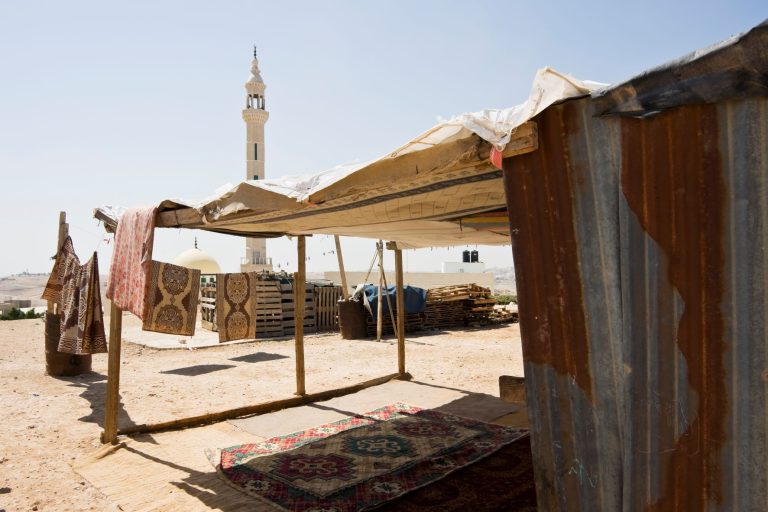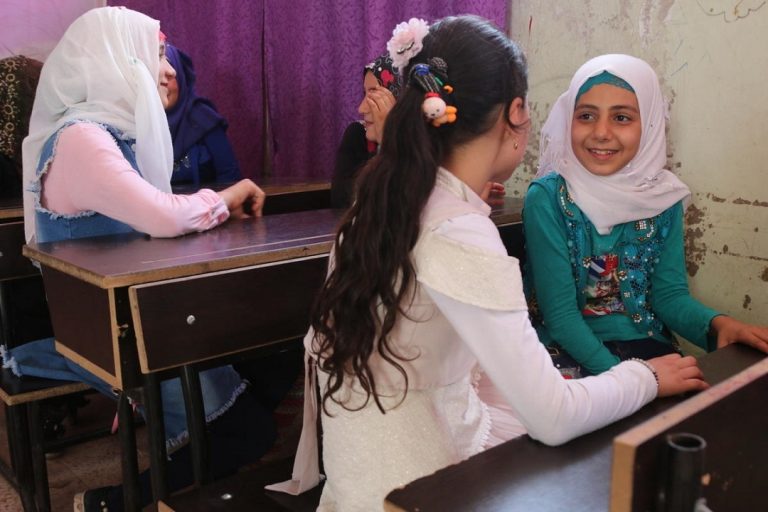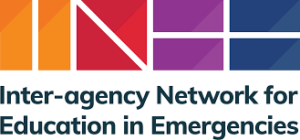Context
The Middle East and North Africa (MENA) region is expected to be among the regions hit first and hit hardest by climate change with serious consequences for children’s health, cognitive developments, and future livelihoods. COVID-19 had a devastating impact across the region, not only as a health crisis, but a crisis in education, governance, and livelihoods.
The disruption caused by COVID-19 has exposed existing inequalities in both global and national economic systems, as lack of vaccine supply and hesitancy further limit vaccination uptake.
In the Middle East, one in three children live in a conflict zone, and in Yemen and Syria alone, 16.1 million children experience conflict. Beyond Syria and Yemen, there is recurrent interstate conflict in the Occupied Palestinian Territories, regular violence by non-state actors in Iraq, and the risk of large-scale conflict in Lebanon and Libya.
On 6th February 2023, a 7.8 magnitude earthquake reverberated across 10 provinces in the south of Türkiye and devastated large parts of Syria. The earthquake and significant aftershocks have been felt throughout the region, as far as North East Syria, Jordan, and Lebanon. A second earthquake of 7.5 magnitude happened within hours. This is one of the strongest earthquakes to hit the region in 100 years and made thousands homeless, while the region is experiencing freezing weather and snowstorms.
Our activities in the region
The HLA-MENA Regional Centre provides training on the following topics:
- Education in Emergencies Fundamentals in Yemen and Jordan
- Education in Emergencies Certificate of Advanced Studies, targeting 30 education in emergencies professionals working in the Middle East region
- Child Protection in Emergencies
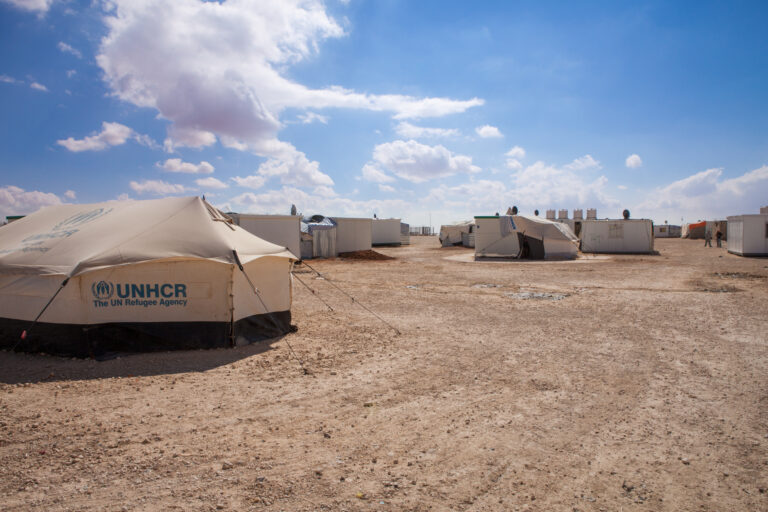
I found myself very much empowered. I already work in an emergency response but the training has expanded my horizon and developed my experience in emergency interventions and response.
Upcoming opportunities
Find out the opportunities for in-person training currently available
Our partners
Impact Stories
Read our impact stories
Learner spotlight: Meet Nihad

Providing humanitarian learning to Palestinian refugees in Jordan
One of the best things about Kaya is how it connects us to local humanitarian communities around the world. We connected with Khaled Al Shaka’a on Facebook, where he had shared how his organisation ‘One Love’ had been using Kaya’s online courses to educate and connect humanitarian volunteers in Jerash Palestinian refugee camp in Jordan.
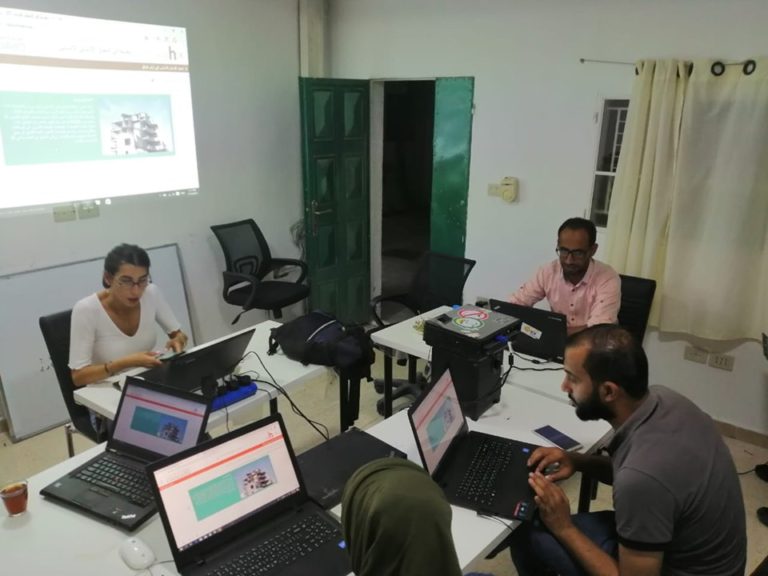
Learning with Kaya: Meet Sara
Sara currently works as a Mental Health Coordinator and Supervisor in a local NGO in Lebanon. The economic crisis in Lebanon has made it very difficult for people to pay for courses as restrictions have been set on bank accounts. However, Sara heard about Kaya, our free online learning platform, and this has allowed her to expand her knowledge for free. She has already completed 18 courses!
